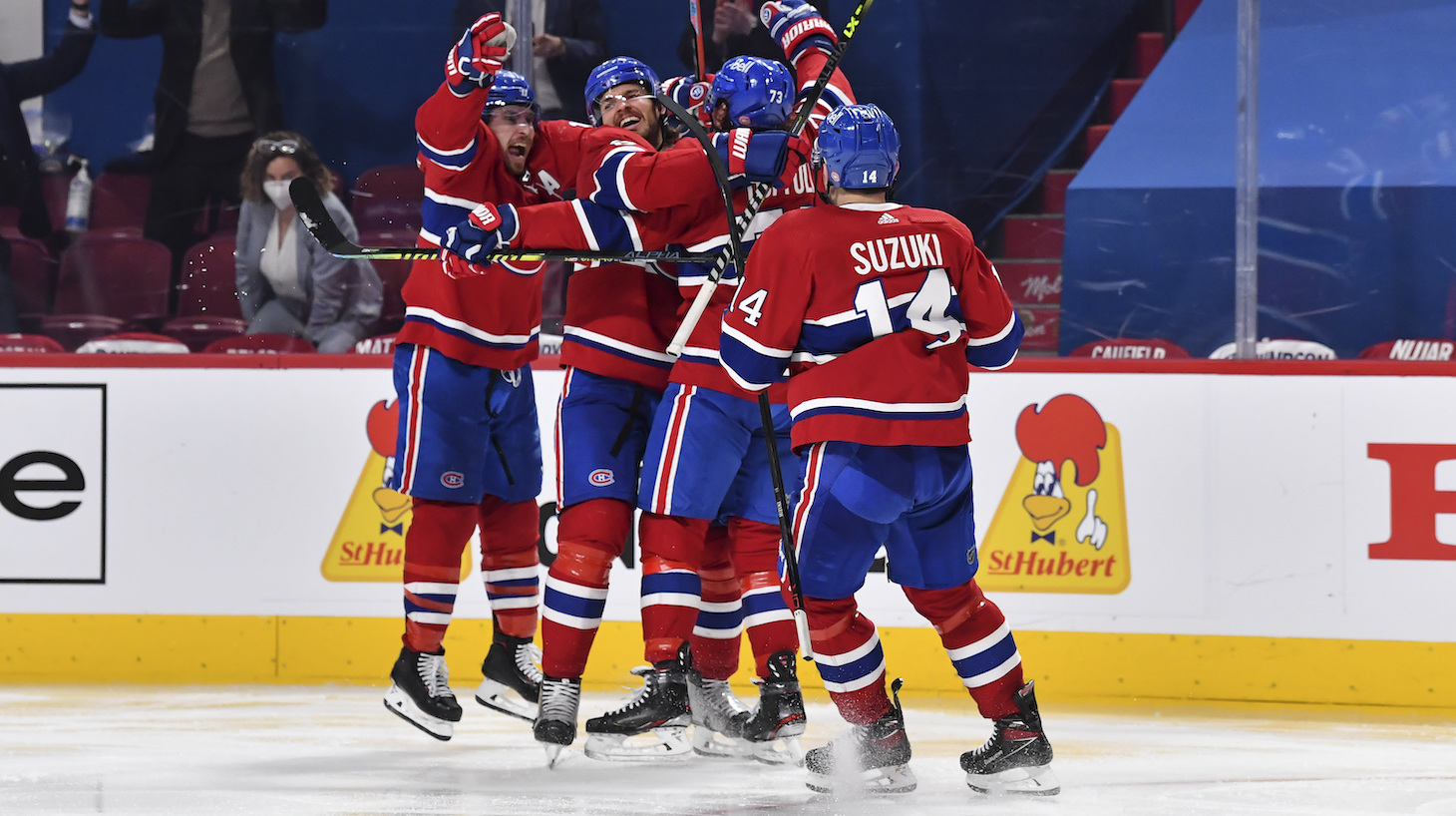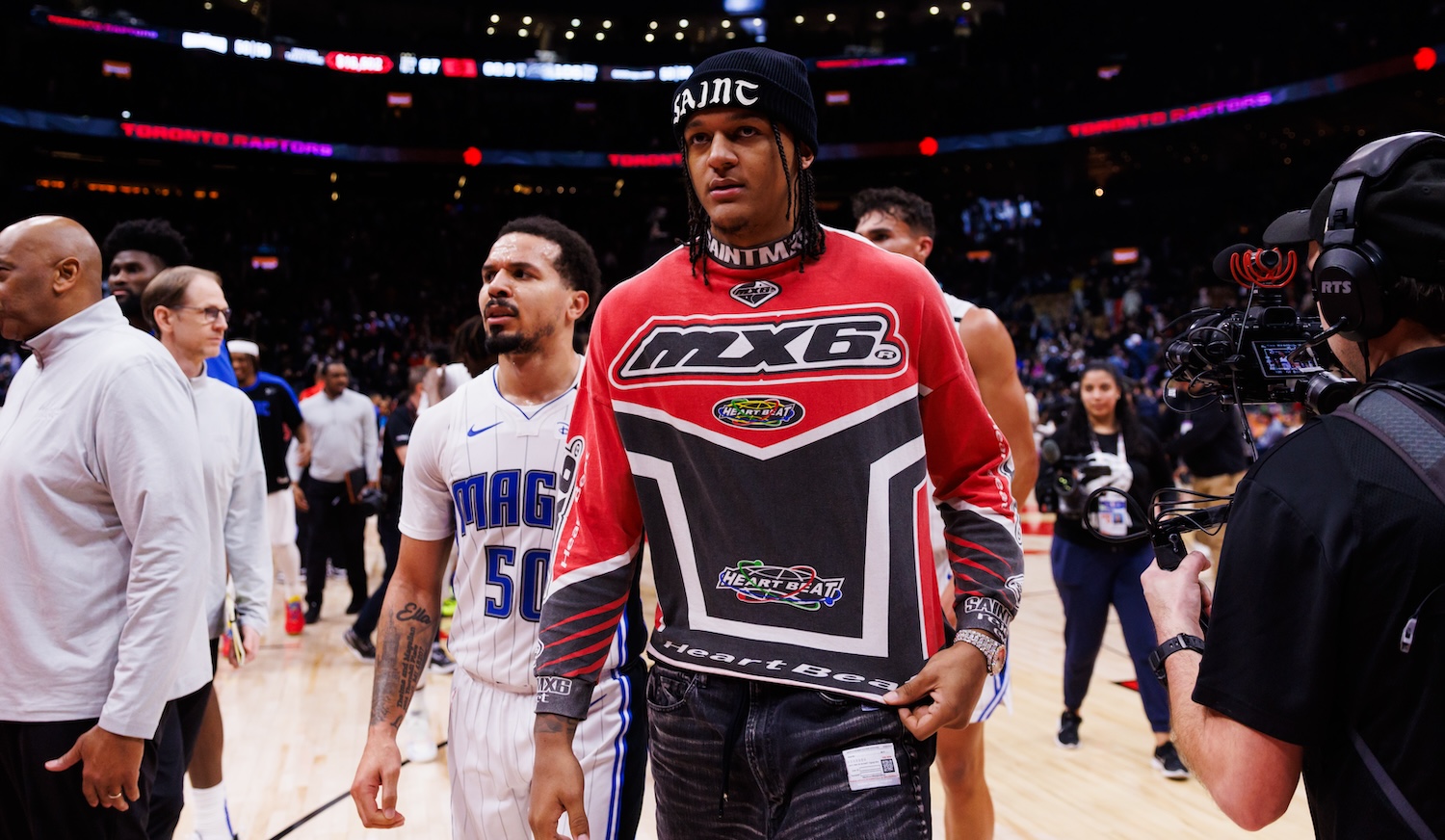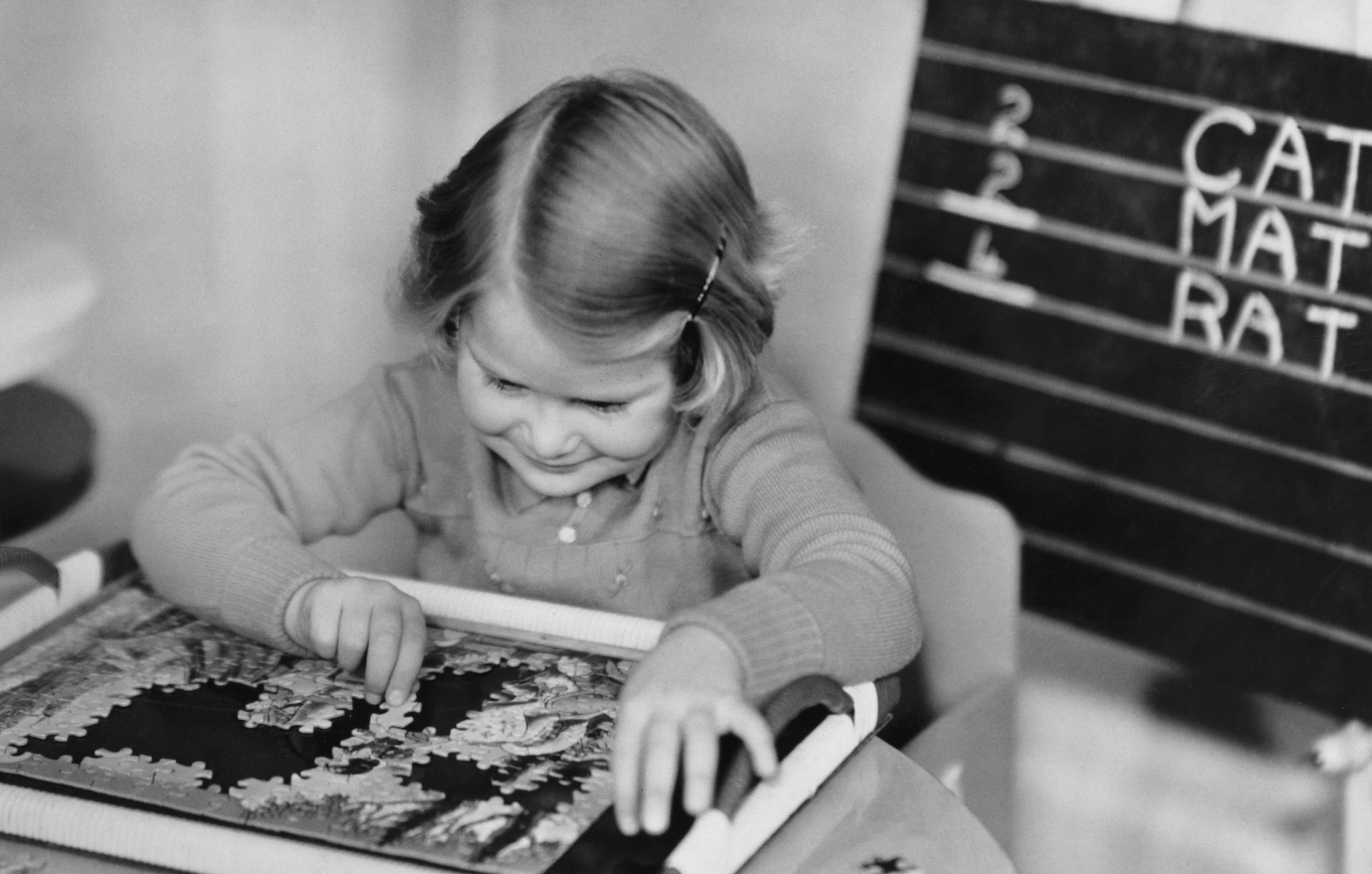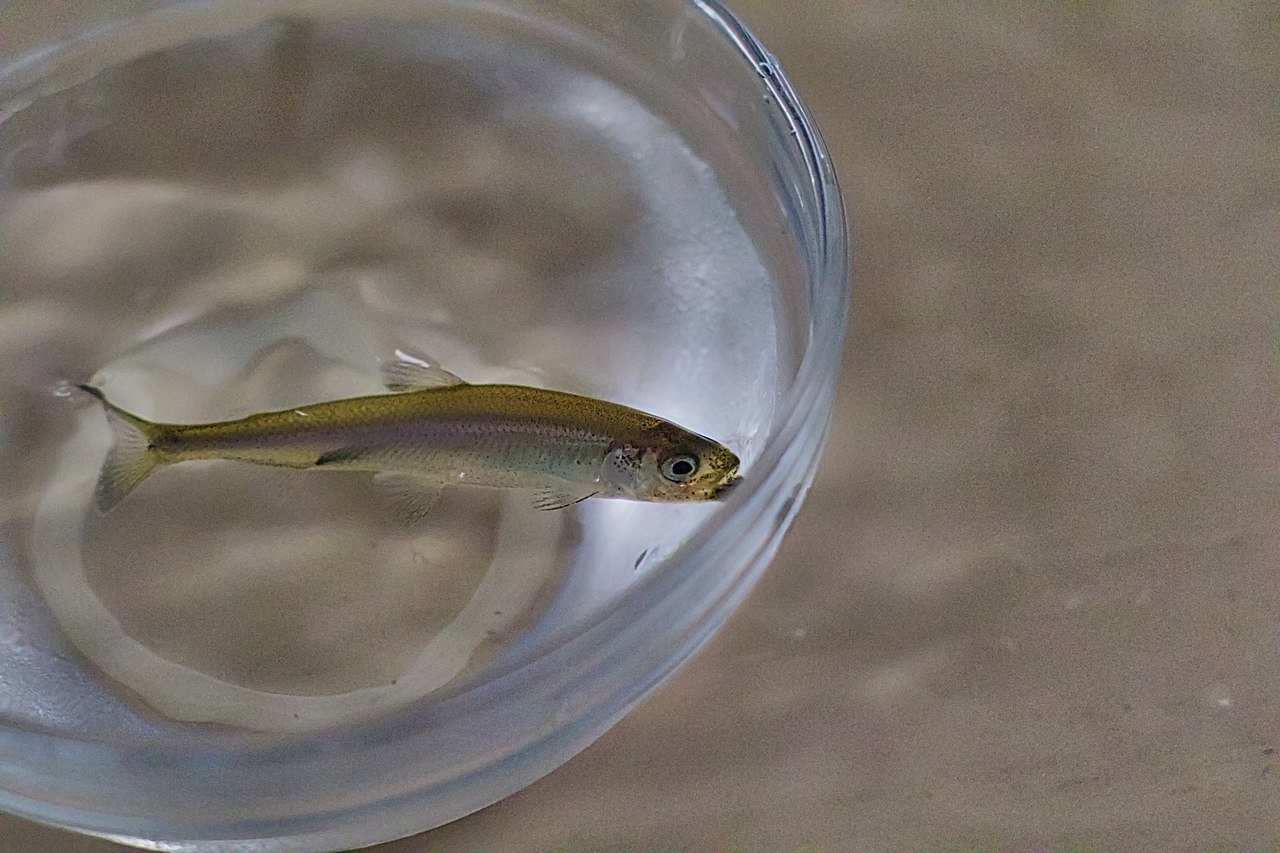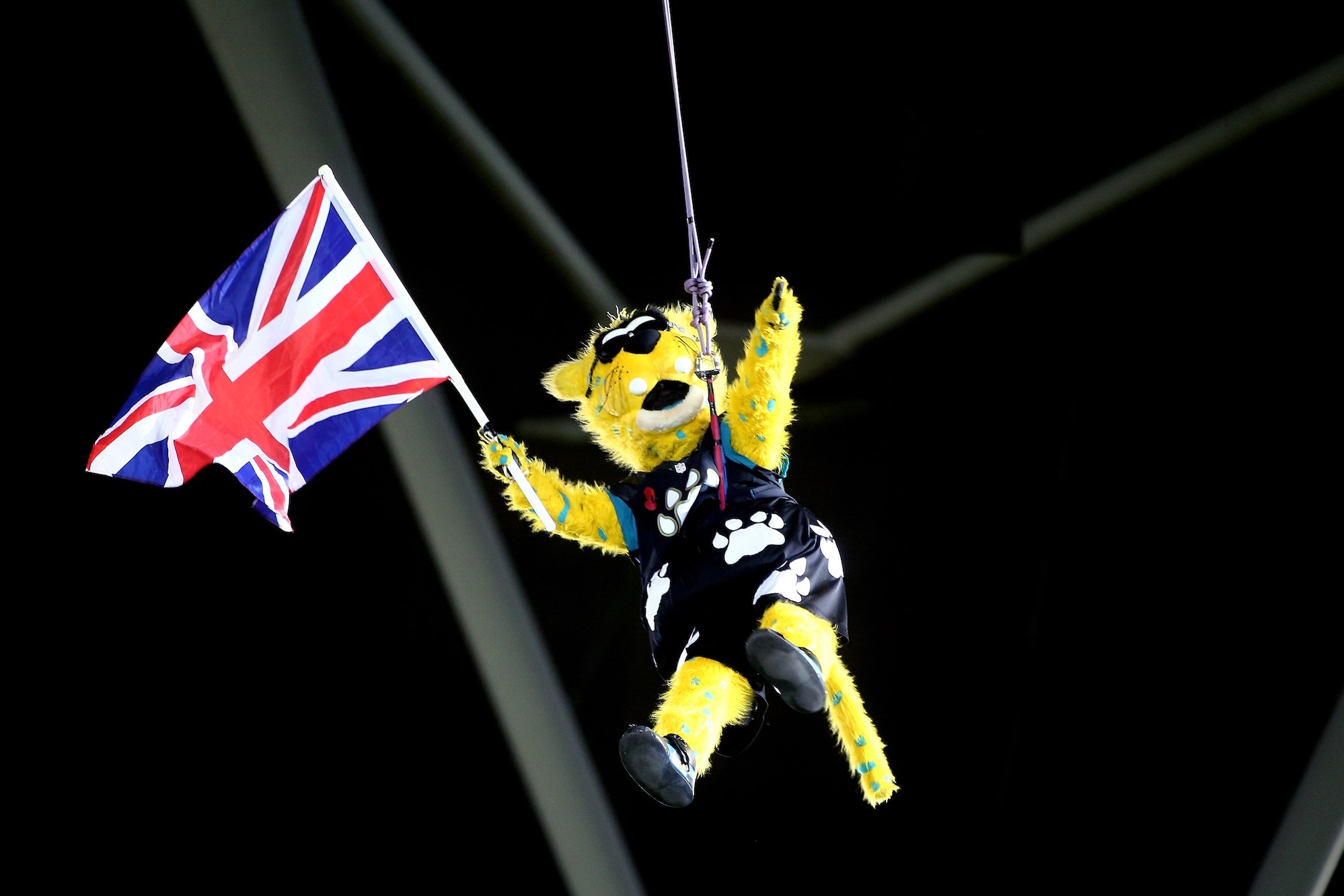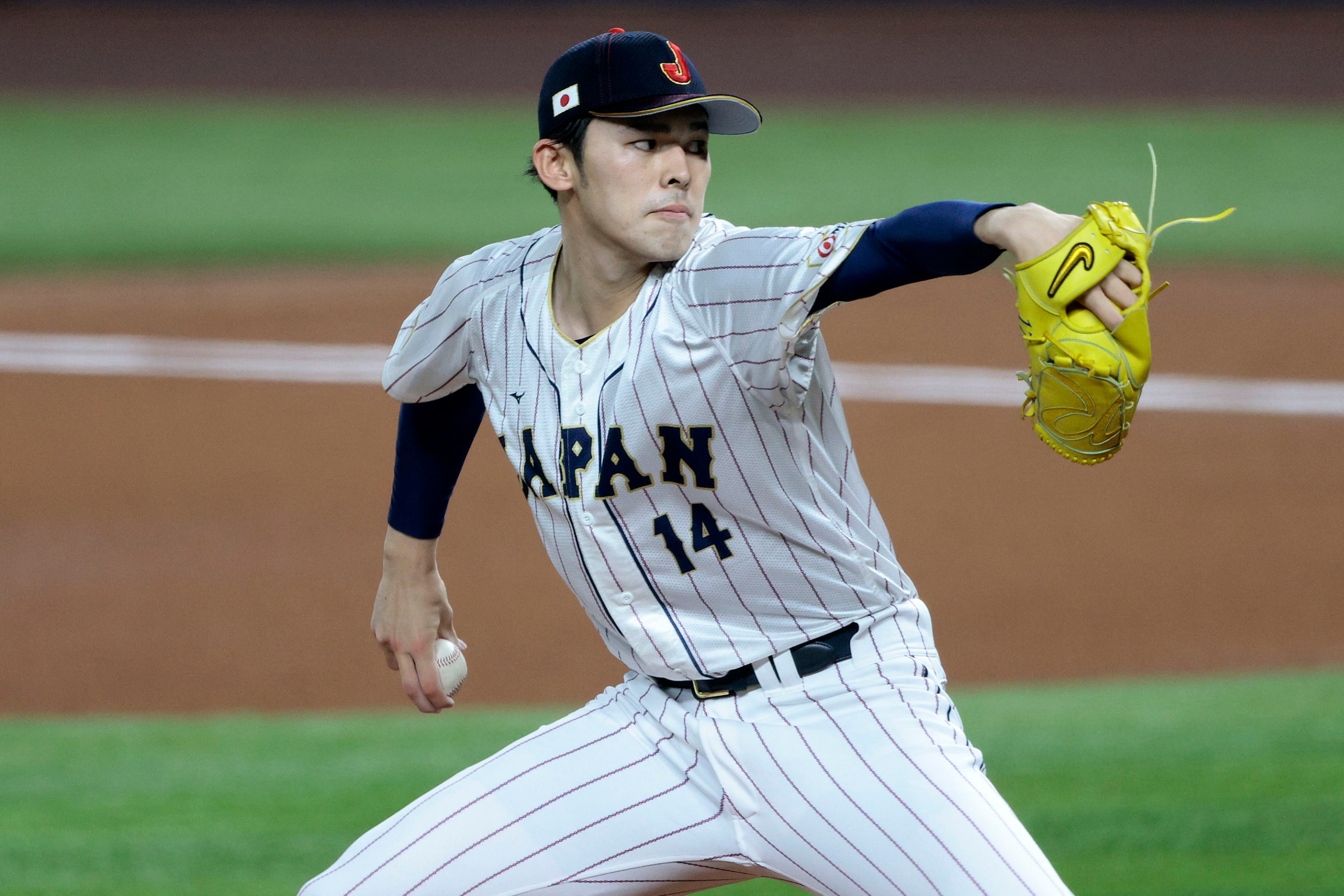For once, and for seemingly the first time in a couple of weeks, things didn't go the Canadiens' way. Oh, they dominated possession, outshooting the backs-against-the-wall Jets by an eye-popping 42-16. But this time, through 60 minutes, that dominance didn't necessarily translate into goals—the teams headed to overtime knotted at 2, thanks to Winnipeg fielding (again, for the first time this series) the better goalie on the ice. Connor Hellebuyck stood on his damn head, with zero assistance from his shoddy backcheck and shambles of a defense.
But these Canadiens, while lacking any true stars among its skaters (though give Nick Suzuki and Cole Caufield a couple of years), are perhaps uniquely equipped to cope with things not going their way. Their scoring is spread throughout the lineup, allowing them to weather a forward or an entire line going cold. Their blue line is thick and deep and well-positioned, meaning even the occasional defensive breakdown, like the one that led to the Jets' tying goal, stands as an anomaly and doesn't herald a full collapse. Their gameplan is based on simple, repeatable things like forechecking hard and winning puck battles, things that drive opposing coaches crazy, things that might not lead to a goal every time or even every tenth time, but the Habs clearly have faith—and the results to prove it—that the eleventh time might be the charm; and even if not, in any case, they know nothing good can come of not competing for every puck. In short, the Canadiens are competent, almost to a man. It hasn't exactly made for the sexiest hockey—I blame that mostly on the Jets—but there's something lovely about watching a well-made machine hum along.
So, there was no panic in overtime for the Habs, just doing the same stuff they've been doing, and that's been working. Suzuki's forechecking tied up the puck in the corner, Caufield quick hands and good spatial sense allowed him to carry it out, and Tyler Toffoli was at the net to finish off the one-timer and the series. Nothing flashy at any point here—just everyone doing their jobs, ready to take advantage of a friendly bounce and a defensive lapse. To coin a phrase, chance favors the prepared stick.
With the sweep of Winnipeg, the Canadiens are the first team into the Cup semifinals (remember, there are no conference finals this year), but even that doesn't do justice to how hot they've been. Montreal never trailed in this series, and in fact has not trailed in a game since being down 3-1 against Toronto. That's seven straight wins without once having to play from behind, or 437:53 of ice time. That's the second longest streak in a single postseason in NHL history.
Carey Price is getting the lion's share of the credit, and he deserves every paean, even if the Jets didn't always make him work very hard. Price, 33, has been deemed washed-up more or less annually for the last half-decade, which has never been entirely fair given the skaters in front of him and given that the criticism has been at least as much a reflection of his contract and the impossibly high standards of his peak when he signed it. But he's looking something like his old self again, racking up a .943 save percentage and a 1.64 GAA over this winning streak. A hot goalie is a cheat code, and if the Habs get the piss knocked out of them by the winner of Avalanche–Golden Knights, that's probably the narrative that'll settle on the Canadiens. It wouldn't be fully wrong, but it would be incomplete. This team is more than a resurgent Price.
Looking at the Habs' playoff scoring, though, it's not immediately clear how they're doing this. Tyler Toffoli, in the first year of a four-year, $17-million contract that's looking like one hell of a bargain, was Montreal's leading scorer in the regular season and has continued that in the playoffs, putting up four goals and six assists over 11 games. That's very good, but it's not world-beating—every other team left alive has at least one and usually two players who can boast more goals, and more points per game. Toffoli may be atop the Habs' scoresheet, but he's not lonely there—the scoring has been remarkably spread out: Three other players each have four goals, and, strikingly, they play on three different lines, none of them Montreal's top line. In all, 11 different Canadiens forwards have found twine.
(It is a bit surprising to see that, until Erik Gustafsson scored through traffic on a power play last night, no Canadiens defensemen had scored this postseason. But to an extent this is by design. Montreal's mindset is on balance a defensive one, more concerned with stacking the blue line to smother opposing rushes than looking to cheat the other way. No unit with Shea Weber and Jeff Petry [who left Game 3 with an injury but is expected to be back early in the next round] is ever going to be a full-on stay-at-home defense, but the Habs haven't really had to cheat up, and look very comfortable not doing so.)
Look, I don't really know what to make of this team. Winnipeg was just awful, which can do wonders for an opponent's appearance. Toronto was—well, whatever the hell they were. The Canadiens will be underdogs, significant ones, against either Colorado or Vegas. But they've got themselves a particularly good roster to be underdogs with, capable of muddying up and frustrating potent offenses, and of doing the chippy, unglamorous stuff that can steal goals and games from superior teams. They may go down, but they will never go down easy. I'm not going to get all "Ça sent la Coupe" on you, but the Habs are breaking out the victory superstitions and their fans are warming up:
Fans celebrate the victory of the Montreal Canadiens near the Bell Center. @CTVMontreal pic.twitter.com/hqf2GNcgRQ
— Cosmo Santamaria (@cosmoCTV) June 8, 2021
1993, it may not be. But the 2021 Canadiens have something going on, and I like it.
